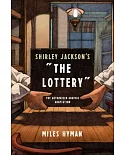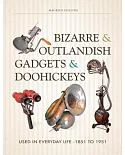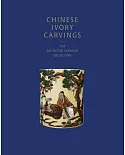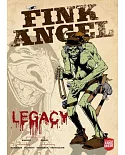J. Paul Getty bought his first classical antiquity-a small terracotta sculpture-at auction in London in 1939. Over the next four decades, he became a passionate collector, and in the 1950s he
created a trust for "the diffusion of artistic and general knowledge." Building on that early foundation, successive antiquities curators at the Getty Museum have amassed a collection that now
contains more than fifty thousand ancient objects. In lively prose accompanied by a full-color photograph of each object, this handbook of the antiquities collection presents nearly two hundred
of the Getty Museum's most important pieces. Spanning thousands of years as far back as the third millennium B.C. through the third century A.D.--the Getty antiquities collection encompasses
Cycladic, Greek, Etruscan, South Italian, Roman, and Romano-Egyptian cultures. It includes one of the finest assemblages of ancient Greek vases in the United States; monumental marble
sculptures and diminutive bronzes; Greek and Roman gems; and Hellenistic silverware, jewelry, and glass.





















